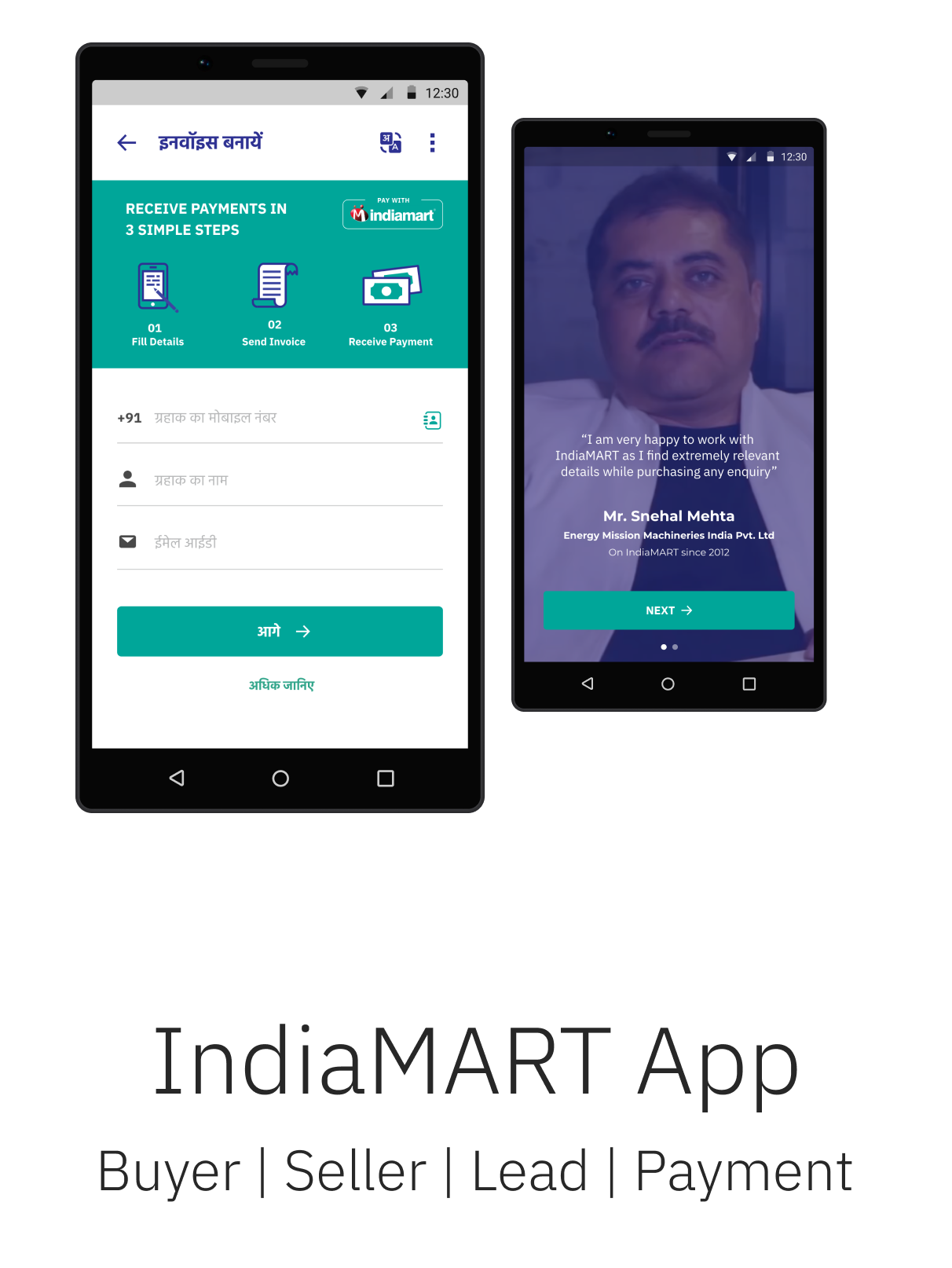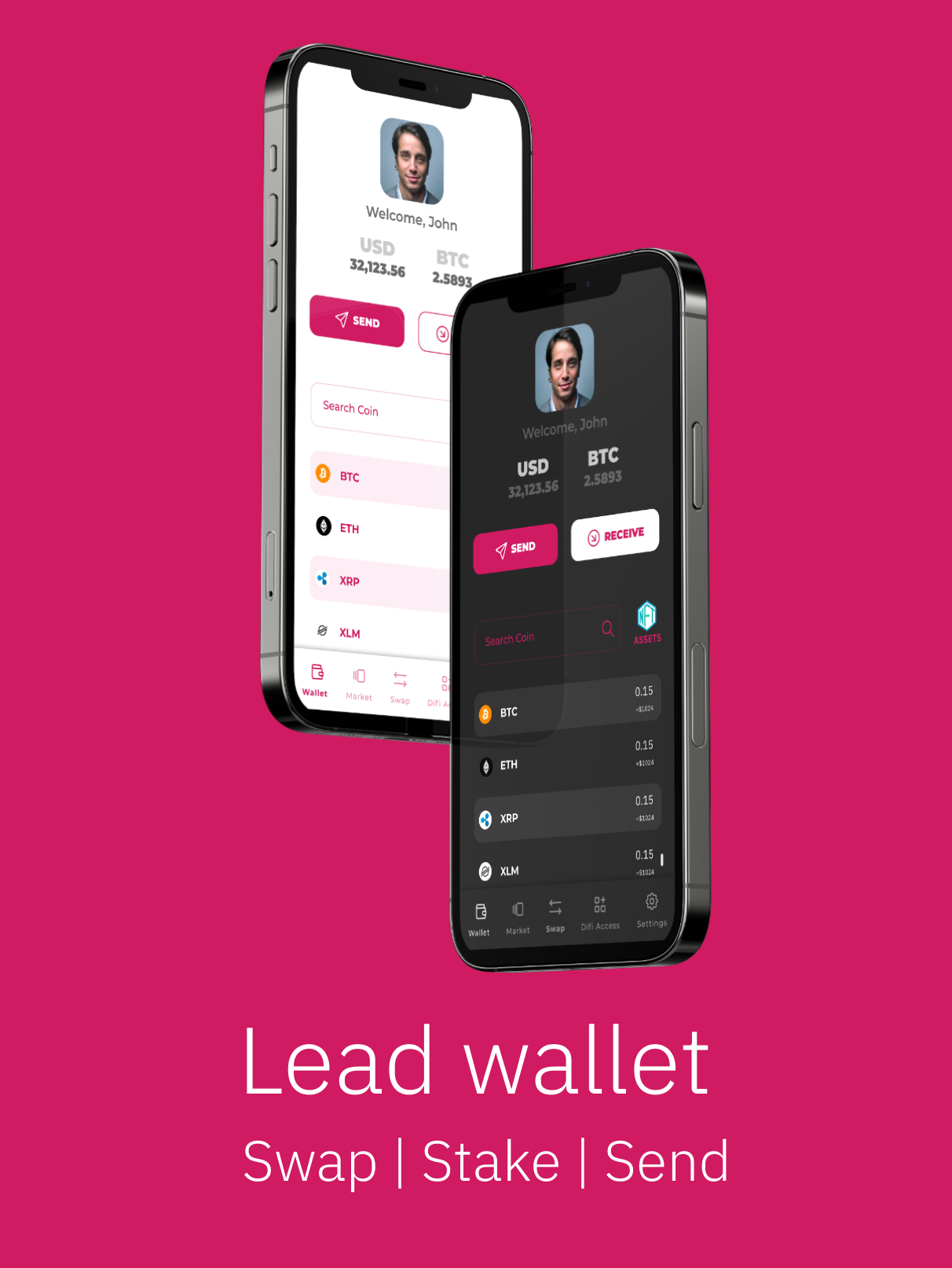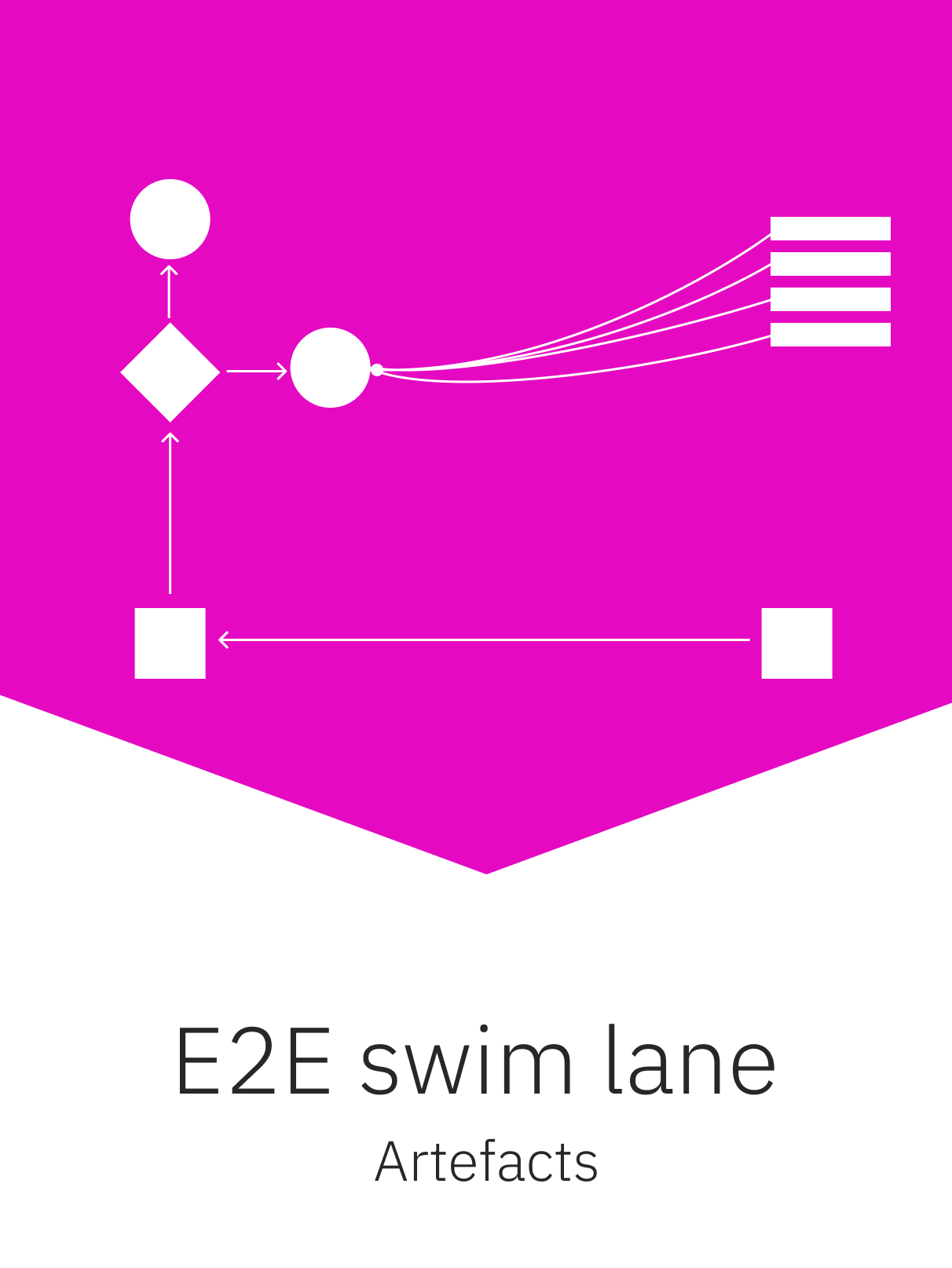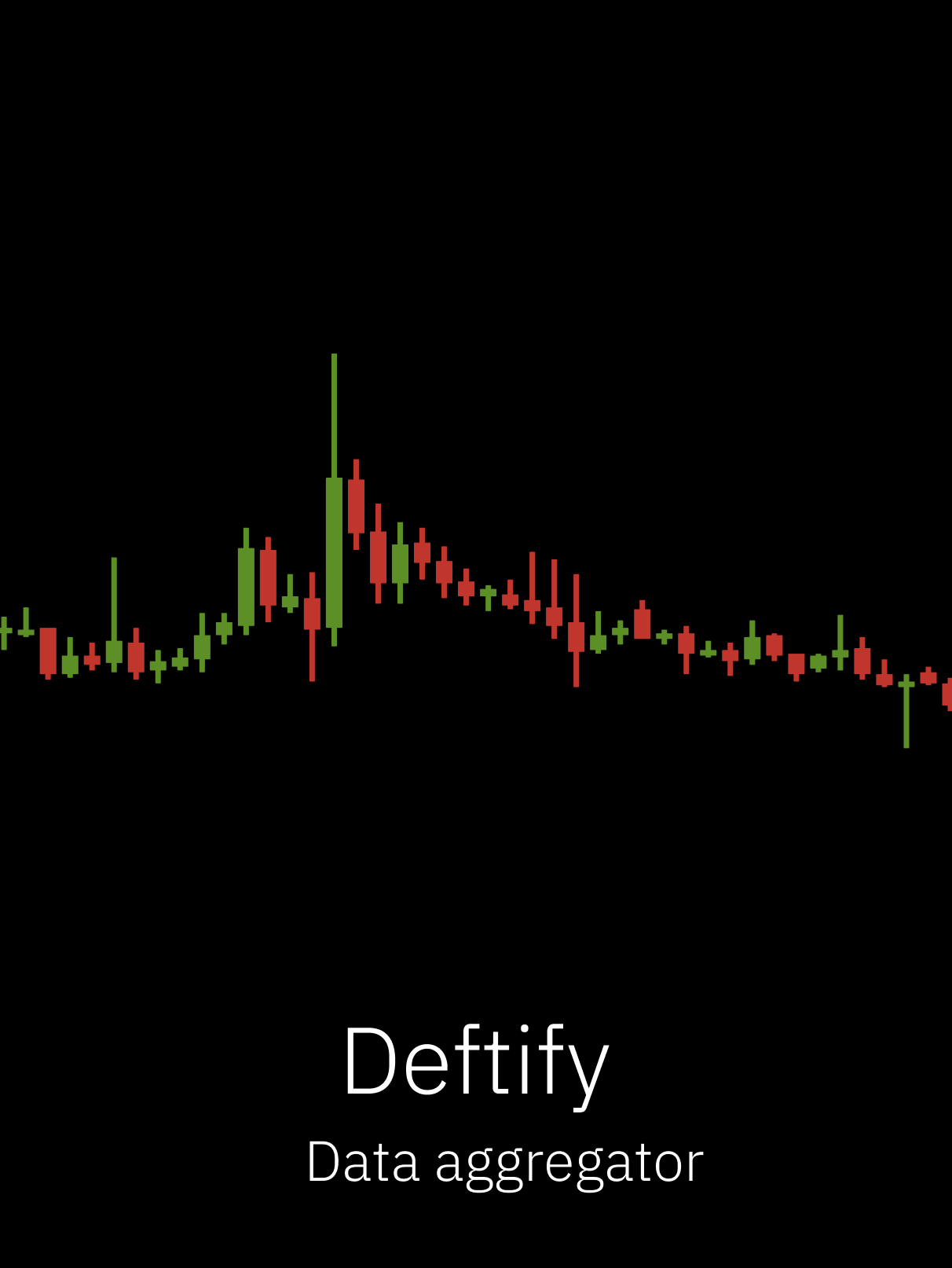Introduction
In an ever-evolving world, the design process has adapted to the challenges posed by the COVID-19 pandemic. This case study sheds light on the innovative and collaborative approach to ideation sessions that took place during this trying period. Remote ideation sessions have become a staple of the design process, ensuring that creativity and innovation continue to thrive, despite the challenges of physical distancing.
In an ever-evolving world, the design process has adapted to the challenges posed by the COVID-19 pandemic. This case study sheds light on the innovative and collaborative approach to ideation sessions that took place during this trying period. Remote ideation sessions have become a staple of the design process, ensuring that creativity and innovation continue to thrive, despite the challenges of physical distancing.
Setting the Stage
At the onset of the COVID-19 pandemic, the need for remote ideation sessions became evident. As a dedicated designer, I was determined to adapt to this new reality. The first step was to create a seamless virtual environment that could mimic the in-person experience. The technology chosen for these sessions was critical to ensure that participants could engage and collaborate effectively.
At the onset of the COVID-19 pandemic, the need for remote ideation sessions became evident. As a dedicated designer, I was determined to adapt to this new reality. The first step was to create a seamless virtual environment that could mimic the in-person experience. The technology chosen for these sessions was critical to ensure that participants could engage and collaborate effectively.
The Collaborative Design Process
One of the key aspects of our ideation sessions was the commitment to a truly collaborative design process. With the team's support, we managed to maintain the same level of engagement and idea generation that we enjoyed in face-to-face sessions
One of the key aspects of our ideation sessions was the commitment to a truly collaborative design process. With the team's support, we managed to maintain the same level of engagement and idea generation that we enjoyed in face-to-face sessions
Agile Adaptation
I firmly believe in the Agile methodology, and it played a crucial role in shaping our design process. To maintain a high level of flexibility and adaptability, we incorporated ideation sessions into every design sprint. This helped us constantly evolve and improve our designs.
I firmly believe in the Agile methodology, and it played a crucial role in shaping our design process. To maintain a high level of flexibility and adaptability, we incorporated ideation sessions into every design sprint. This helped us constantly evolve and improve our designs.
Ideation Session Snapshot
During each ideation session, our team harnessed the collective creativity, embracing the digital environment to brainstorm, sketch, and refine ideas collaboratively. This snapshot highlights one of these sessions
During each ideation session, our team harnessed the collective creativity, embracing the digital environment to brainstorm, sketch, and refine ideas collaboratively. This snapshot highlights one of these sessions
Overcoming Challenges
Remote ideation did come with its share of challenges, such as time zone differences and potential distractions. However, by maintaining open communication and setting clear guidelines, we managed to mitigate these challenges effectively
Remote ideation did come with its share of challenges, such as time zone differences and potential distractions. However, by maintaining open communication and setting clear guidelines, we managed to mitigate these challenges effectively
Results and Impact
The remote ideation sessions not only ensured that the design process remained resilient during the pandemic but also enhanced our team's adaptability and problem-solving skills. The collaborative nature of these sessions resulted in innovative ideas and accelerated project timelines
The remote ideation sessions not only ensured that the design process remained resilient during the pandemic but also enhanced our team's adaptability and problem-solving skills. The collaborative nature of these sessions resulted in innovative ideas and accelerated project timelines
Conclusion
The COVID-19 pandemic brought forth unprecedented challenges, but it also fostered innovation and adaptability. Through remote ideation sessions, we proved that design can flourish even in challenging times. By embracing technology and staying committed to a collaborative process, we've not only overcome adversity but have emerged stronger and more creative than ever
The COVID-19 pandemic brought forth unprecedented challenges, but it also fostered innovation and adaptability. Through remote ideation sessions, we proved that design can flourish even in challenging times. By embracing technology and staying committed to a collaborative process, we've not only overcome adversity but have emerged stronger and more creative than ever



